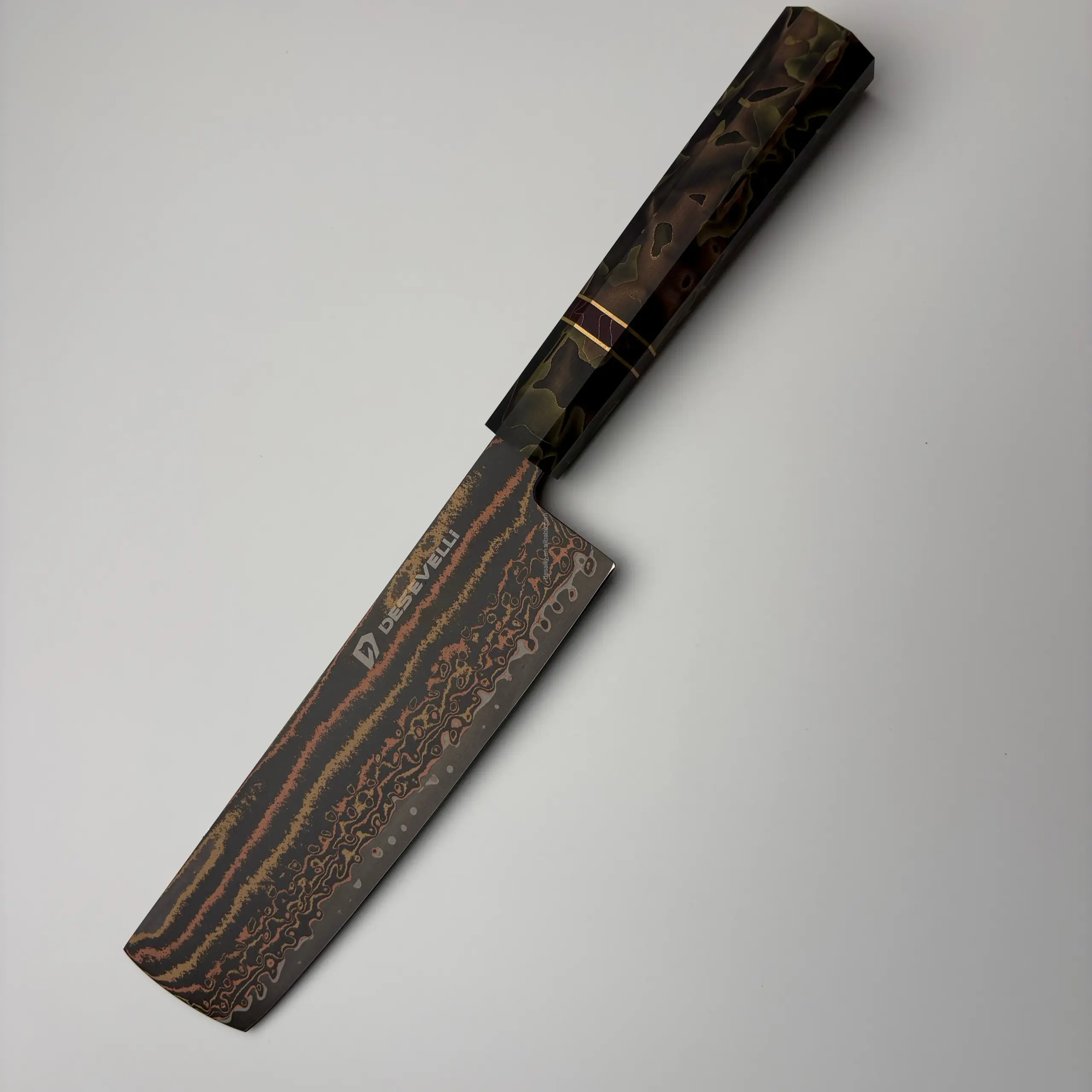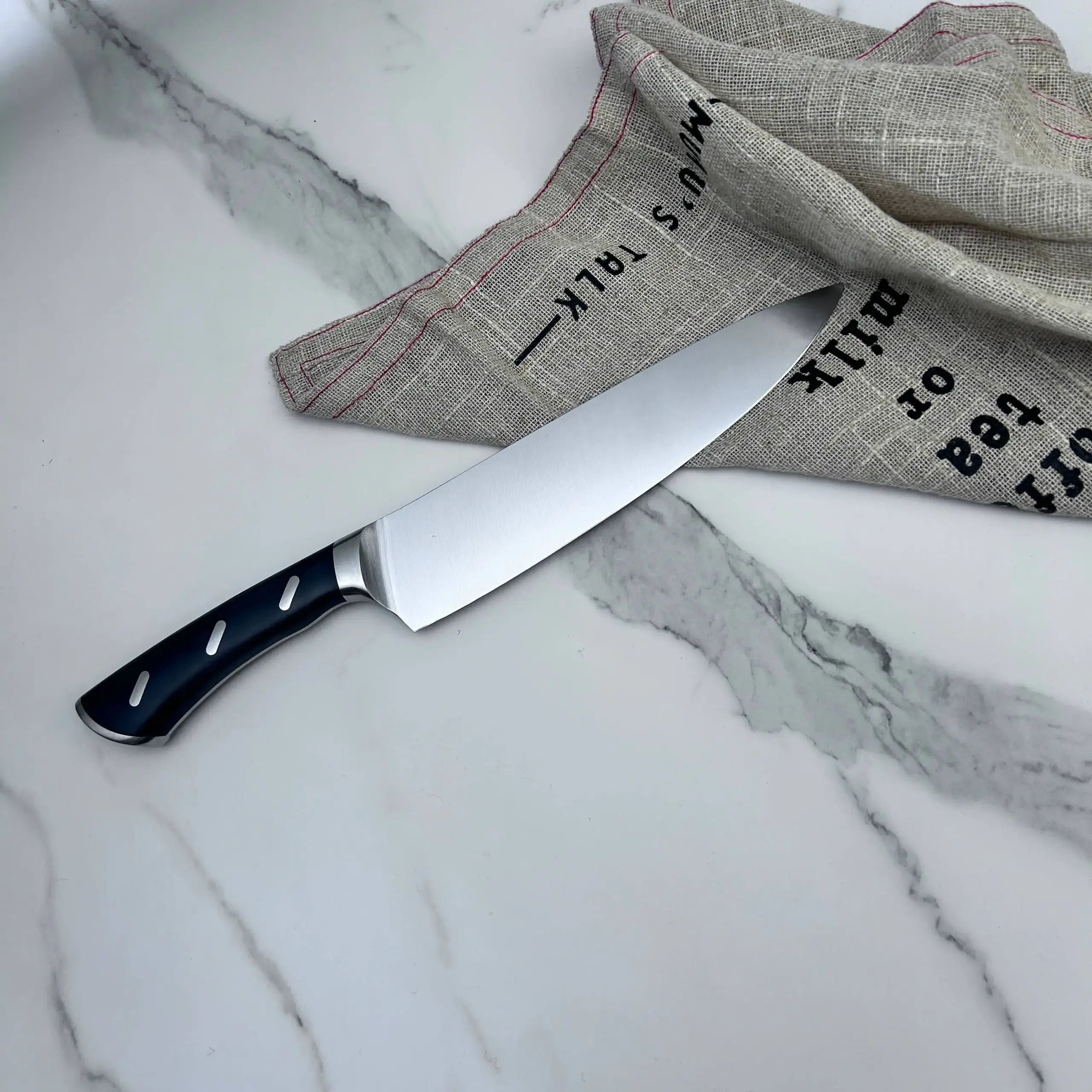bob@nbdho.com
Cutlery Wholesale Guide: How to Choose the Right Supplier for Your Business
Choosing the right cutlery wholesale supplier is crucial for any business involved in retail, hospitality, gifting, or custom branding. Whether you’re sourcing stainless steel flatware or colorful travel cutlery sets, the supplier you choose will directly affect your product quality, delivery time, and brand reputation.
In this guide, we’ll explore how to evaluate, compare, and select the ideal supplier for your business needs.
🧭 1. Identify Your Business Needs First
Before contacting suppliers, define the following:
-
Product types: Stainless steel cutlery, kids’ sets, plastic handle, camping, etc.
-
Target market: High-end hotels, e-commerce, supermarkets, custom gifting
-
Budget range: What price range and MOQ can you afford?
-
Customization needs: Do you need OEM or ODM services?
Understanding these will help you filter suppliers faster.
🧪 2. Check Material Quality and Grades
Quality starts with the raw materials. Key considerations:
-
Stainless Steel Grades:
-
304 (18/8): Food-grade, corrosion-resistant, suitable for premium markets
-
430: Lower cost, decent performance for casual use
-
410: Harder, more suitable for knives
-
-
Certifications: Look for FDA, LFGB, SGS, or ISO compliance
-
Samples: Always request samples to inspect finishing, weight, and polish
✅ Tip: A reputable supplier will gladly provide material certificates and samples.
💰 3. Compare Pricing & MOQ
-
Unit Price: Ensure it’s competitive for your target market
-
MOQ (Minimum Order Quantity): Common MOQs range from 500 to 3000 sets
-
Tiered Pricing: Ask if they offer price breaks at higher volumes
-
Hidden Fees: Watch out for mold fees, packaging charges, or design setup costs
⚠️ Don’t always go for the cheapest quote — it often means lower quality.
🧾 4. Verify Production Capabilities
A reliable supplier should:
-
Be a manufacturer or factory direct exporter
-
Offer OEM/ODM customization
-
Have in-house quality control (QC) processes
-
Be able to meet delivery timelines (especially during peak seasons)
Ask for:
-
Factory photos or videos
-
Production lead times
-
Certificates like ISO 9001, BSCI, or Sedex
📦 5. Evaluate Packaging & Branding Options
Custom packaging enhances brand recognition. Ask if they offer:
-
Printed gift boxes, hangtags, blister packs
-
Logo laser engraving or embossing
-
Custom barcode and labeling for retail
🌍 6. Understand Export Experience & Logistics
A supplier with rich export experience can simplify your process:
-
Familiar with Incoterms (EXW, FOB, CIF, DDP)
-
Can recommend freight forwarders or courier services
-
Provides accurate customs paperwork and HS codes
📦 Tip: For Amazon sellers, ask if they support FBA labeling and packaging.
🗣️ 7. Communication & After-Sales Service
A great supplier should:
-
Respond quickly and clearly
-
Offer multilingual support (especially English)
-
Provide after-sales solutions for defect claims or shipping damage
-
Be open to long-term cooperation
📋 Supplier Checklist Template
| Criteria | Details to Look For |
|---|---|
| Material Grade | 304, 430, or certified food-safe grades |
| Certifications | FDA, LFGB, SGS, ISO 9001 |
| MOQ | Acceptable minimum order quantity |
| OEM/ODM | Custom logo, packaging, and design services |
| Delivery Time | Within 25–40 days for standard orders |
| Export Experience | FBA knowledge, international trade experience |
| Sample Availability | Free or low-cost sample before order |
| QC Procedures | In-house or third-party inspection reports |
| Communication | Fast replies, professional English or multilingual support |
📝 Final Thoughts
Choosing the right cutlery wholesale supplier is not just about price. It’s about finding a trusted partner who can grow with your business, maintain consistent quality, and help you succeed in your market.
Ask questions, compare carefully, and always request documentation to avoid surprises.


